Have interest rates peaked?
Bank of England has held base rate again but fears remain that high inflation could trigger further hikes
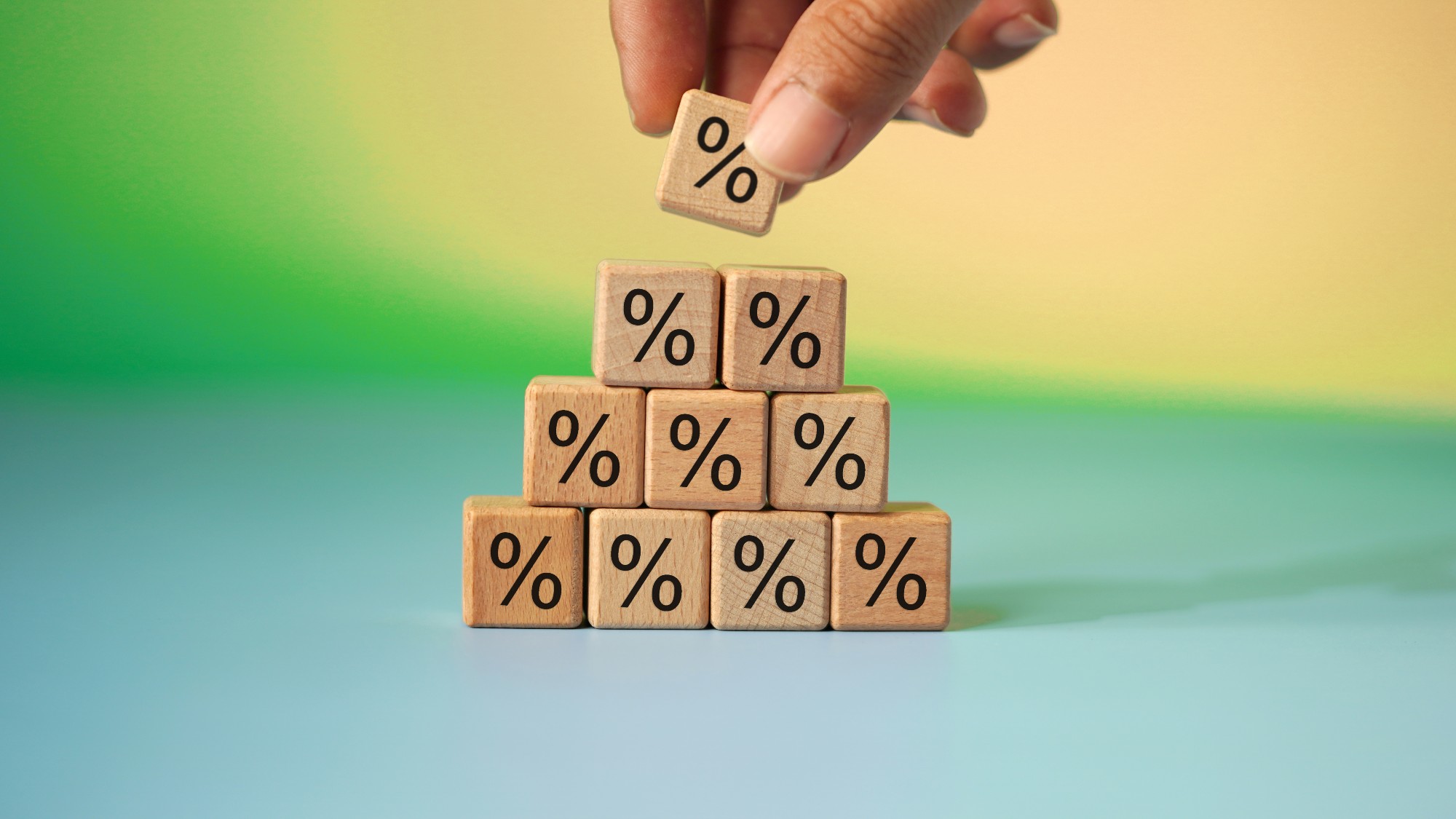
A free daily email with the biggest news stories of the day – and the best features from TheWeek.com
You are now subscribed
Your newsletter sign-up was successful
Hopes are growing that the cost of borrowing may have peaked after the Bank of England held interest rates in October for the second consecutive month.
The base rate had risen 14 times in a row since December 2021, from 0.1% to a 15-year high of 5.25%. The hikes have left worried borrowers increasingly grappling with the question of when interest rates will reach their peak.
The recent pause in increases will bring "relief to homeowners who have seen mortgage rates rise", said the BBC , but is "potentially the end of better news for savers".
The Week
Escape your echo chamber. Get the facts behind the news, plus analysis from multiple perspectives.

Sign up for The Week's Free Newsletters
From our morning news briefing to a weekly Good News Newsletter, get the best of The Week delivered directly to your inbox.
From our morning news briefing to a weekly Good News Newsletter, get the best of The Week delivered directly to your inbox.
However, with inflation still at more than three times the Bank's target of 2%, it is by no means certain if rates will stay where they are or even rise again.
What are interest rates?
The interest rate, or the base rate, is set by the Bank of England’s Monetary Policy Committee. It is important because it influences the pricing of products offered by other banks and building societies. An increase in the base rate means that most mortgages, loans and savings rates will probably go up too.
Interest rates are also used to control inflation or the prices of everyday items, the financial website added, with "the goal" to keep inflation as close to 2% as possible.
Raising interest rates, explained The Times Money Mentor, should "in theory" encourage people to spend less, save more and push down demand, which should lead to lower prices.
A free daily email with the biggest news stories of the day – and the best features from TheWeek.com
Will interest rates drop?
The latest pause in interest rate rises has raised hopes that the Bank of England's battle with inflation has "entered a new phase", said Hargreaves Lansdown.
Much will depend on how fast inflation falls, "with wage growth and unemployment also holding some sway", added This is Money. However, expectations of where the base rate will peak have "fallen from a high of 6.5% in the summer to 5.25% in recent weeks".
Traders are already betting that rates have now peaked, said The Standard, as the Bank’s "bitter medicine" is continuing to slow down demand in the economy.
However, this does not mean rates will necessarily going down soon, with inflation recorded at 6.7% in September, more than three times the target. Rather than further rises, this could mean rates remain higher for longer.
Interest rates aren’t expected to fall until "at least the middle of 2024", the i news site added. This would coincide with "unemployment having reached its peak at 4.9% and inflation falling below 4% in March next year", Kay Neufield, from the Centre for Economics and Business Research, told the site.
Tensions in the Middle East also risk pushing up oil prices, which could "threaten to reignite inflation" and push up energy bills, said Capital Economics’ Roger Bootle in The Daily Telegraph. This could "delay the fall in interest rates" or even cause them to rise further.
Marc Shoffman is an NCTJ-qualified award-winning freelance journalist, specialising in business, property and personal finance. He has a BA in multimedia journalism from Bournemouth University and a master’s in financial journalism from City University, London. His career began at FT Business trade publication Financial Adviser, during the 2008 banking crash. In 2013, he moved to MailOnline’s personal finance section This is Money, where he covered topics ranging from mortgages and pensions to investments and even a bit of Bitcoin. Since going freelance in 2016, his work has appeared in MoneyWeek, The Times, The Mail on Sunday and on the i news site.
-
 6 of the world’s most accessible destinations
6 of the world’s most accessible destinationsThe Week Recommends Experience all of Berlin, Singapore and Sydney
-
 How the FCC’s ‘equal time’ rule works
How the FCC’s ‘equal time’ rule worksIn the Spotlight The law is at the heart of the Colbert-CBS conflict
-
 What is the endgame in the DHS shutdown?
What is the endgame in the DHS shutdown?Today’s Big Question Democrats want to rein in ICE’s immigration crackdown
-
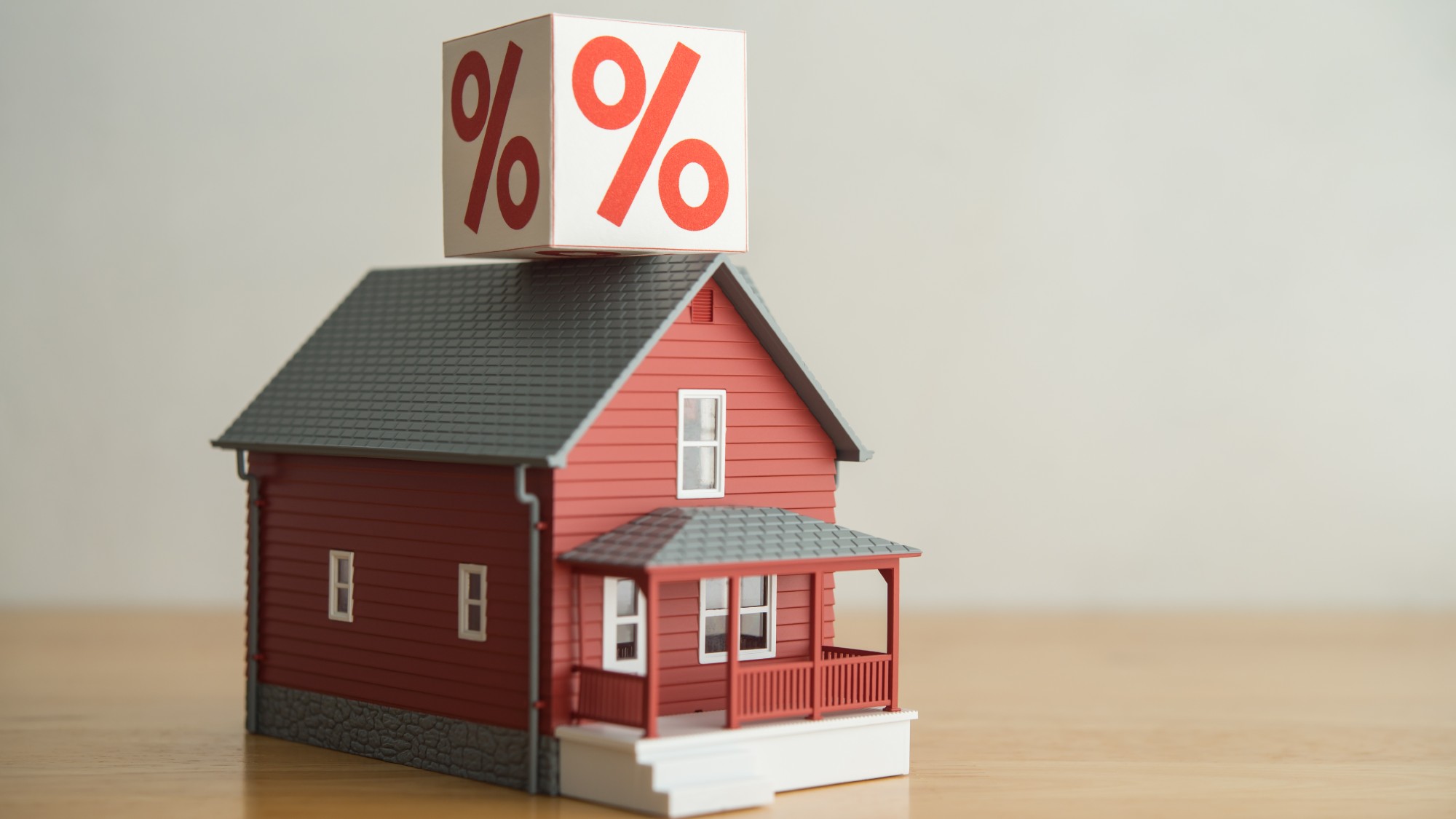 How will Fed rate cuts affect the housing market?
How will Fed rate cuts affect the housing market?the explainer An anticipated series of Federal Reserve cuts could impact mortgage rates
-
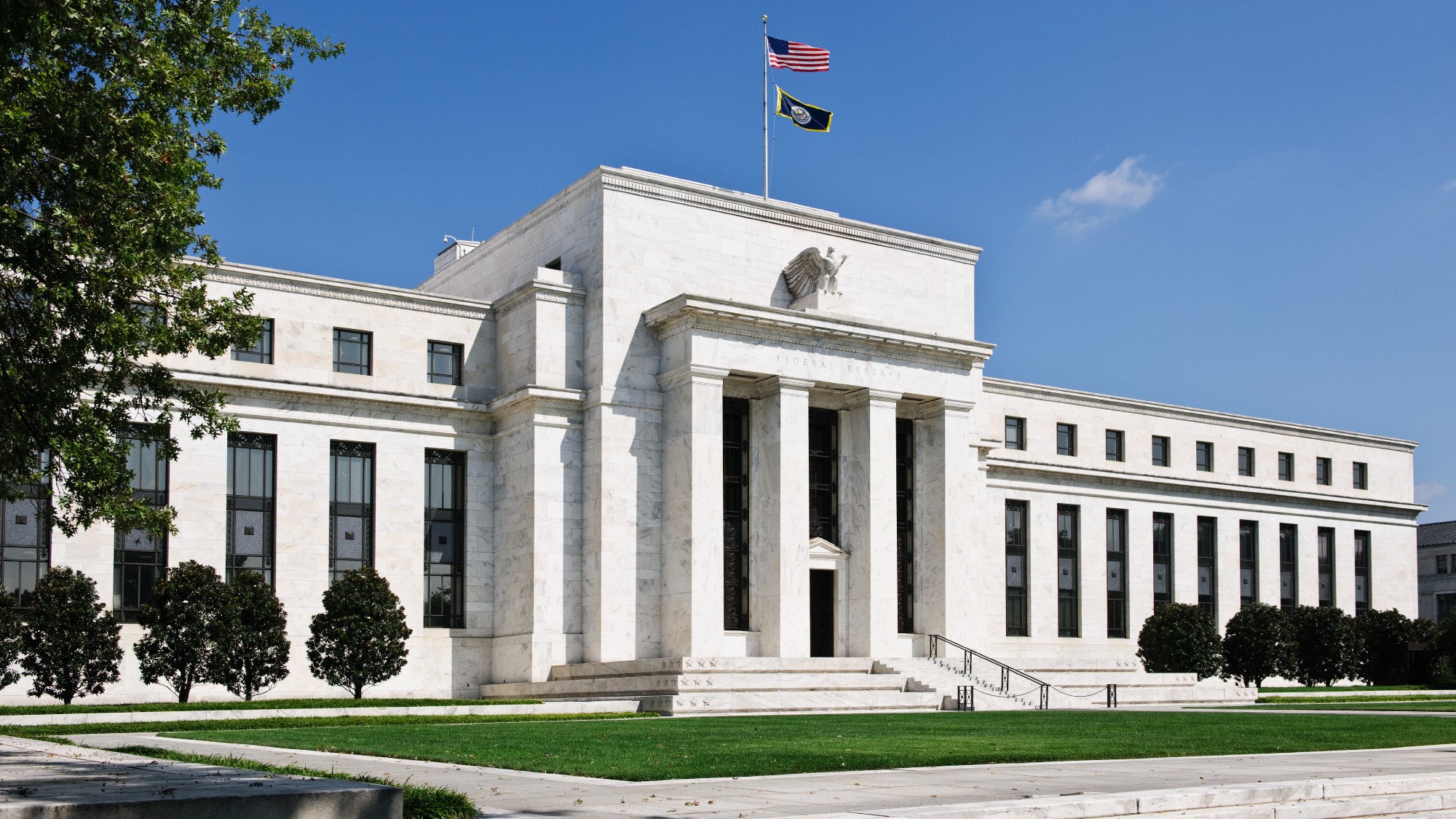 What is the Federal Reserve and what does it do?
What is the Federal Reserve and what does it do?The explainer The decisions made by the United States' central banking system have very real economic effects
-
 What are certificates of deposit and how do they work?
What are certificates of deposit and how do they work?The Explainer CDs may be the right solution for your savings goals
-
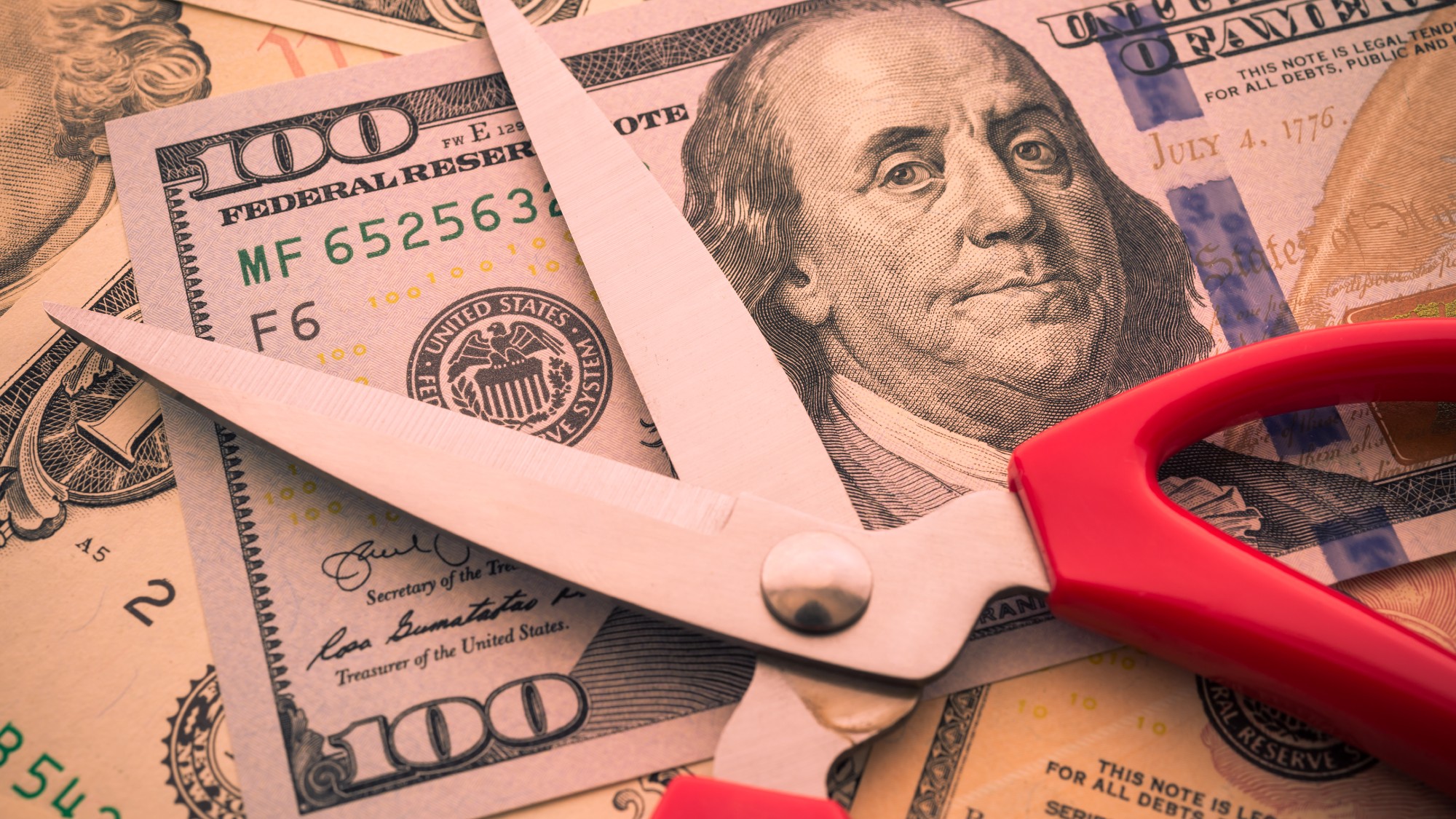 Where should you stash your savings after the Fed rate cut?
Where should you stash your savings after the Fed rate cut?The Explainer You will not be earning as much on savings rates, so you may want to make some changes
-
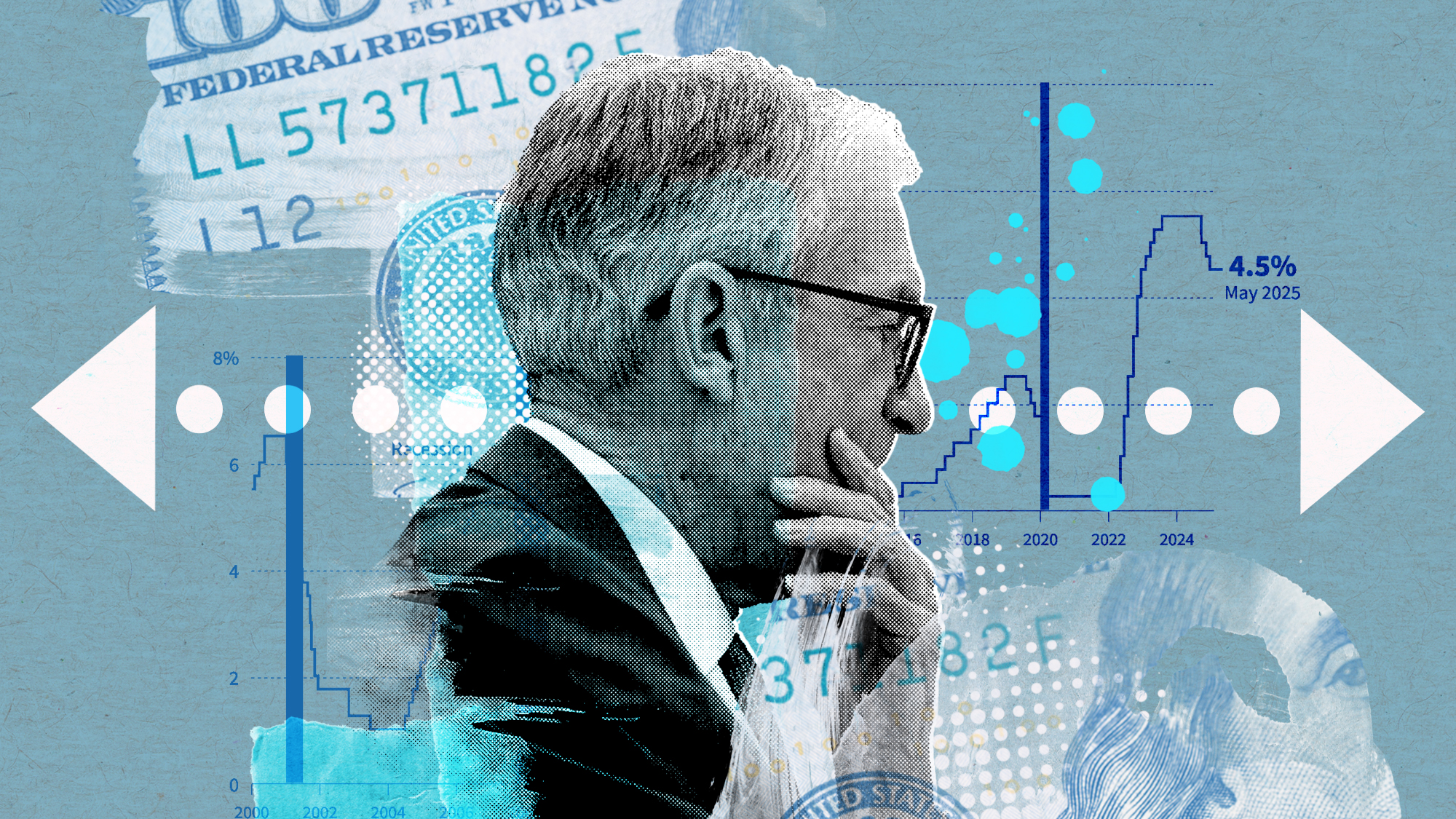 What's next for US interest rates?
What's next for US interest rates?The Explainer A pause after a series of cuts
-
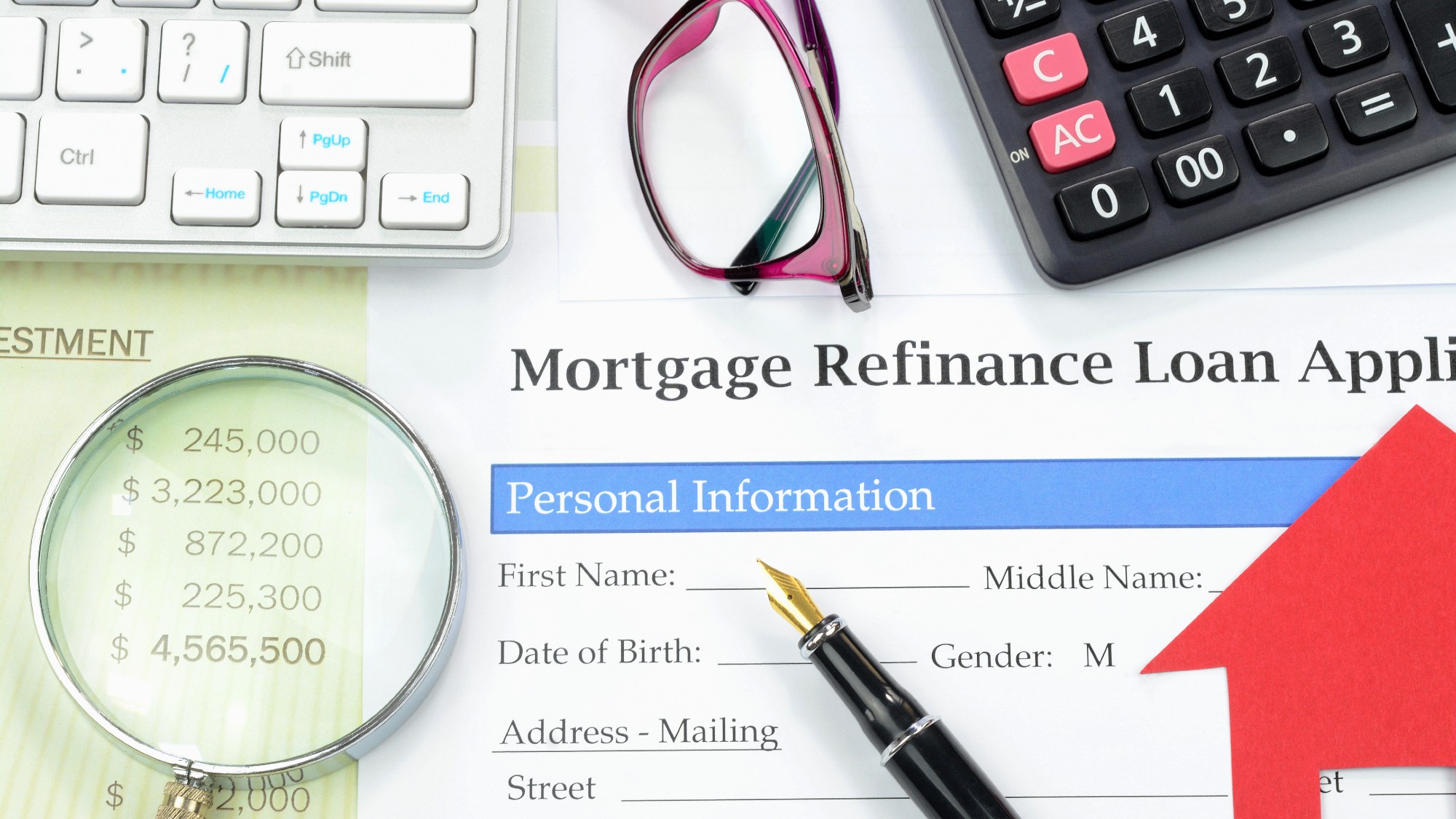 When does it make sense to refinance your mortgage?
When does it make sense to refinance your mortgage?The explainer You may be able to secure a lower interest rate — but it's not a good move for everyone
-
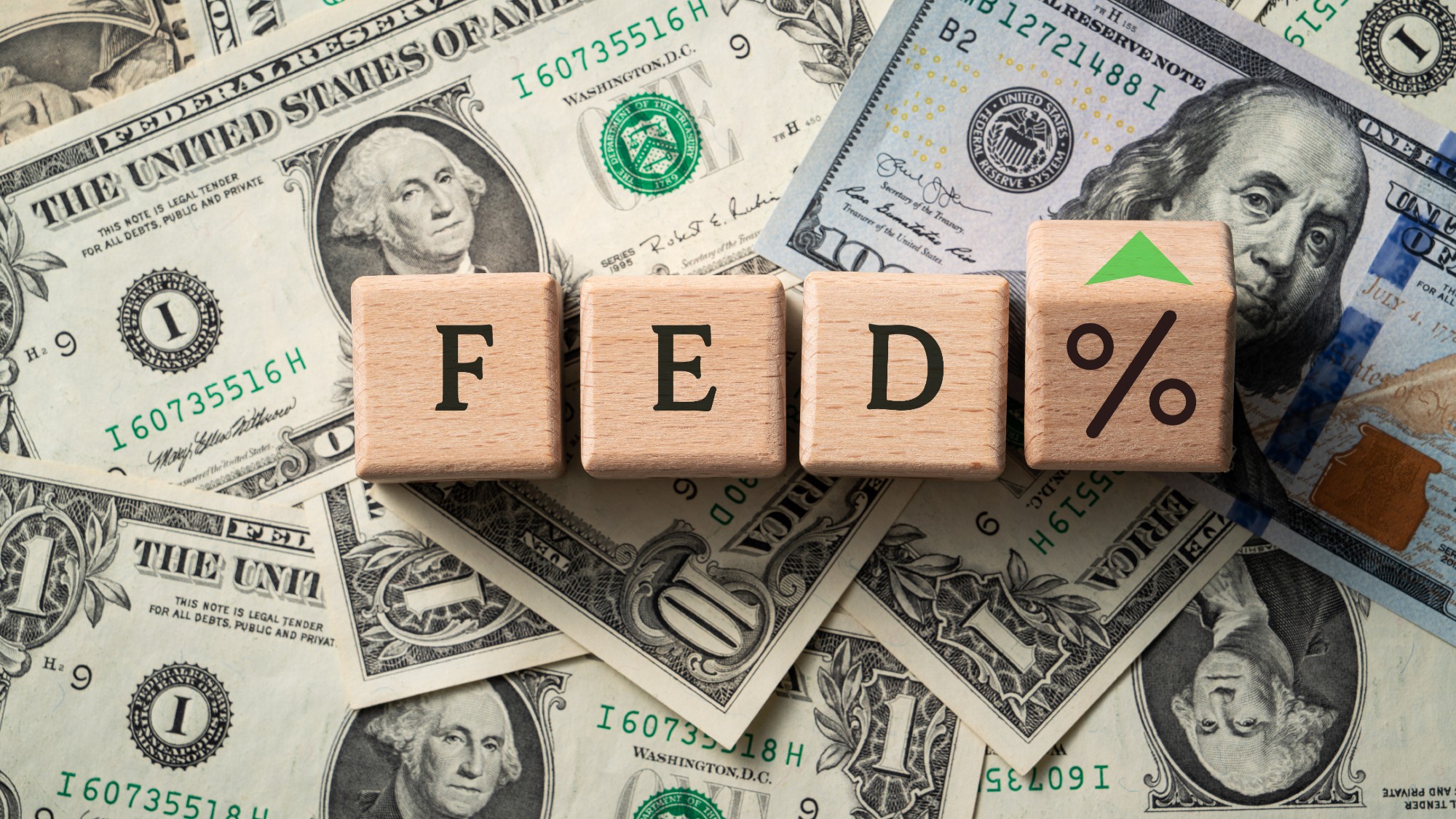 What financial impacts can you expect when the Fed finally cuts rates?
What financial impacts can you expect when the Fed finally cuts rates?The Explainer The Federal Reserve is poised to slash interest rates in the coming months
-
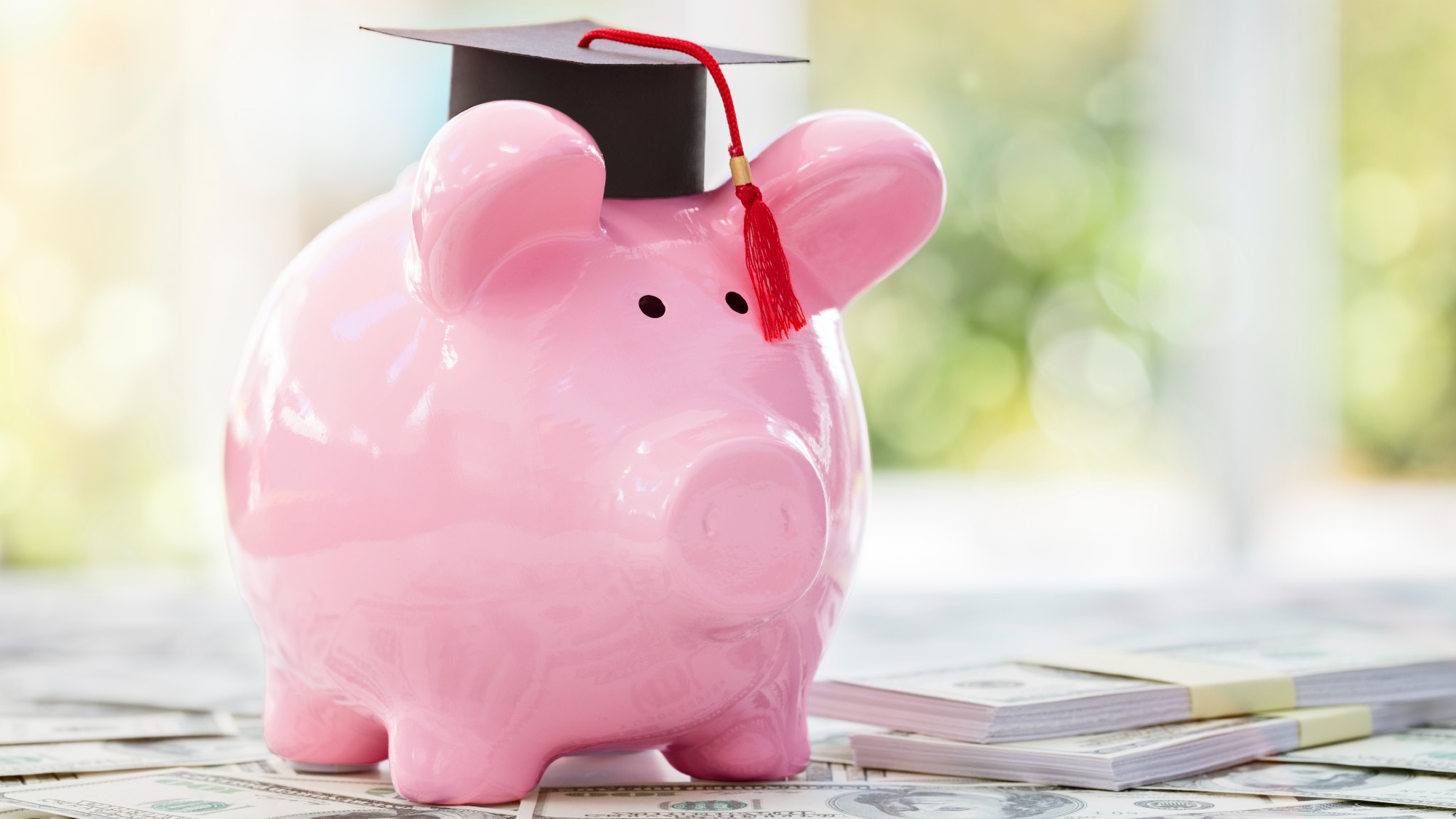 How to get lower interest rates on student loans
How to get lower interest rates on student loansThe Explainer Federal student loan interest rates are set to reach record heights for the 2024-25 school year